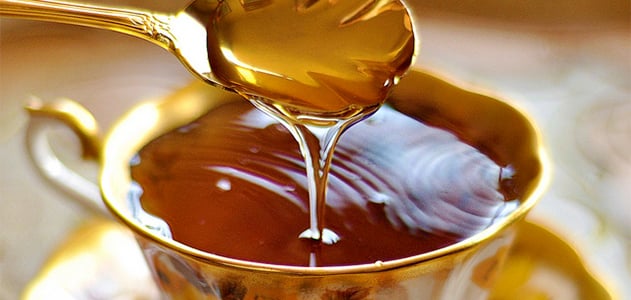The Science Behind Honey’s Eternal Shelf Life
Modern archeologists, excavating ancient Egyptian tombs, have often found something unexpected amongst the tombs’ artifacts: pots of honey, thousands of years old, and yet still preserved. Through millennia, the archeologists discover, the food remains unspoiled, an unmistakable testament to the eternal shelf-life of honey.
There are a few other examples of foods that keep–indefinitely–in their raw state: salt, sugar, dried rice are a few. But there’s something about honey; it can remain preserved in a completely edible form, and while you wouldn’t want to chow down on raw rice or straight salt, one could ostensibly dip into a thousand year old jar of honey and enjoy it, without preparation, as if it were a day old. Moreover, honey’s lo… Continue ReadingSource: https://www.smithsonianmag.com/science-nature/the-science-behind-honeys-eternal-shelf-life-1218690/
